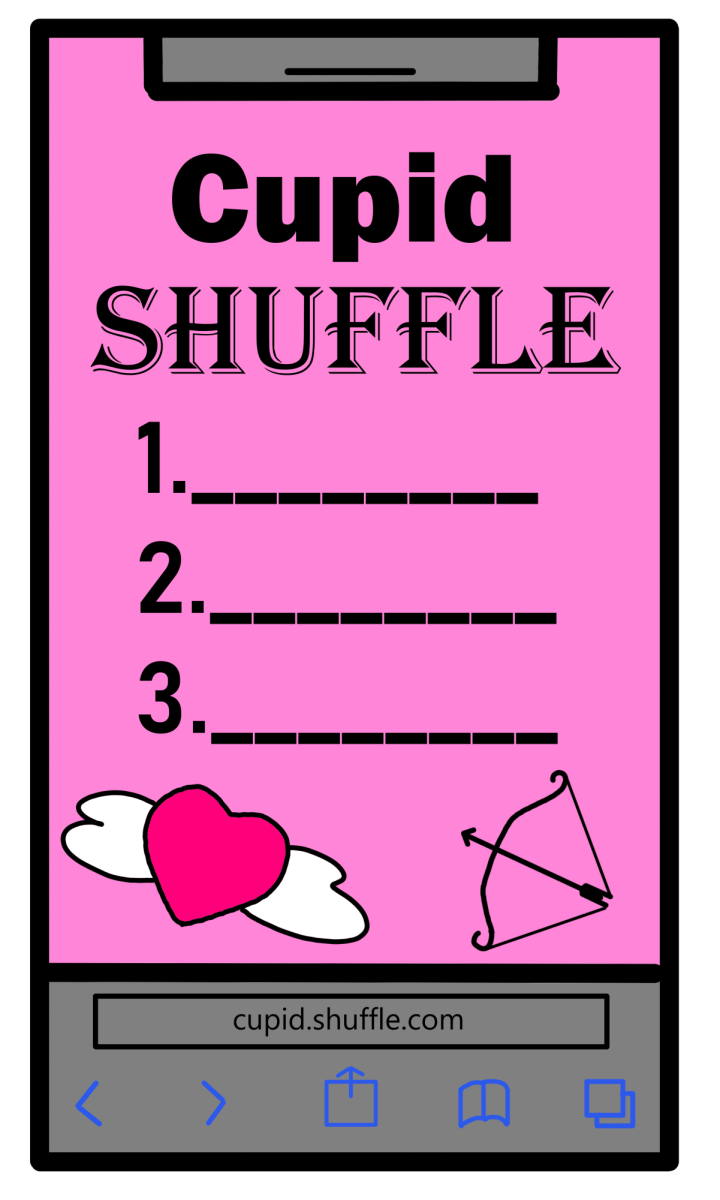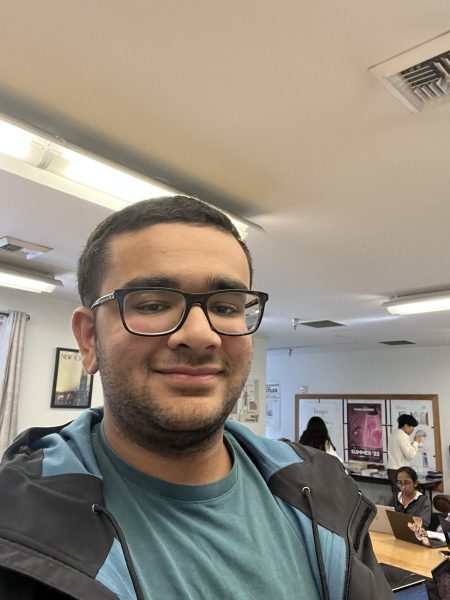The saga began in a different era, when the composition of both student government and the administration were orthogonal to today. As such, there’s not much in the way of easily obtainable information about this proposal, but what we do know is that student government planned to sponsor “Shoot Your Shot” via a digital application that would send emails when users paired together. The administration shot down this idea.
Not to be deterred, student government rehashed their plans at the end of 2022, in preparation for a February 2023 launch date. Much of the work was performed by former president Luke Li ’23 and representative William F. ’24, with some support by most younger members of student government (including myself, as I didn’t have much else to do and wanted to make myself useful).
The technology behind Cupid Shuffle 2.0 was much more advanced than it was the first time around, with William, student government’s resident web engineer and computer whiz, building a site that efficiently performed all of the operations required of the project. In particular, one could input a number of certain email addresses of others at Lakeside — this number bounced around between one and five, though eventually settled at three — and if they “matched” with someone, meaning that both people inputted each other’s names, they would receive an email, with several emails per student possible.
Another oft-hyped aspect of the website was its high level of security from all directions. Not only was the front-end so secure from user malfeasance that any computer science teacher would have cried tears of joy inspecting it, but user-entered data (i.e., inputted names) was also encrypted in a manner such that even programmers with back-end access couldn’t inspect them in any way. A new email account was even established for the purpose of managing automatic emails from the system (this account would later become the standard-bearer for student government as a whole).
But then came every engineer’s worst nightmare — and the hardest part of the development process: administrative approval. Just to be clear, everyone involved in the project knew that some truly incredible persuasion skills were going to be necessary to pull Cupid Shuffle off — but it was a risk the organization was comfortable making. And so, off to Upper School Assistant Director Jeff Bonar it went.
After a discussion with the rest of the administrative team, he stated that the project was “not something we can sponsor as a school,” prompting inquiring replies from disheartened members of Student Government. The following week Mr. Bonar explained the decision in more detail. The administration’s decision, he said, rested primarily upon three pillars: Lakeside’s duty, responsibility, and student experience. Quite simply, the project was “not a priority for the institution” and were the school to endorse Cupid Shuffle, Lakeside would have been seen as condoning and thus taking responsibility for this project. “If something goes sideways,” Mr. Bonar said, “that’s on us.” Mr. Bonar also added that there’s no substitute for building up the “courage it takes to tell someone how you feel” and that he “would hate to rob someone of that feeling.” He said that he understood students’ desires for an alternative to these scary scenarios but still regarded them as indispensable parts of high school — and more generally, life. However, student government representatives still held their talking points — namely that the project would provide an easier way for students to get to know each other, “give students the ability to reach out to others without fear in a safe, online format,” and “reduce levels of stress in an already stressful environment.” For all the matchmaking Cupid Shuffle promised, it seemed unable to entice the Roman god of love to shoot an arrow linking the project with the administration. After a few weeks, most representatives had largely moved on, relegating the project to a folder in the Student Government Google Drive and a collection of email chains with Mr. Bonar.
But the saga is not done yet. Student Government has plans to adopt the platform for less controversial uses: Instead of promoting romantic relationships, it now aims to build up friendships where they may not have blossomed before. According to William, in late February, the organization is planning to send out an optional form wherein students can respond to personal questions and will then be matched — via those responses — to someone else in the student body for a one-time lunch meeting.


